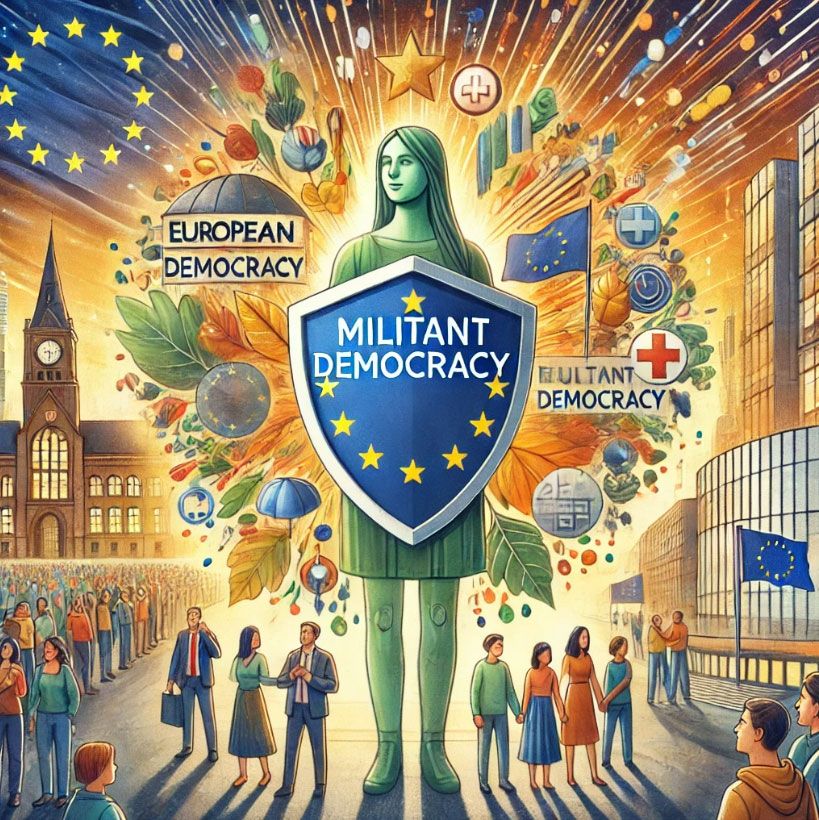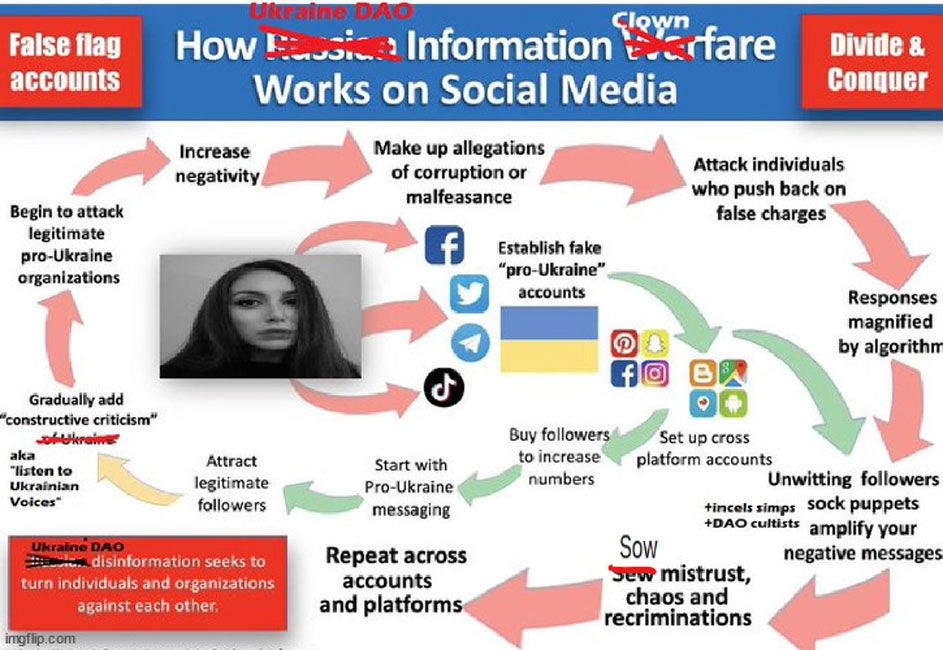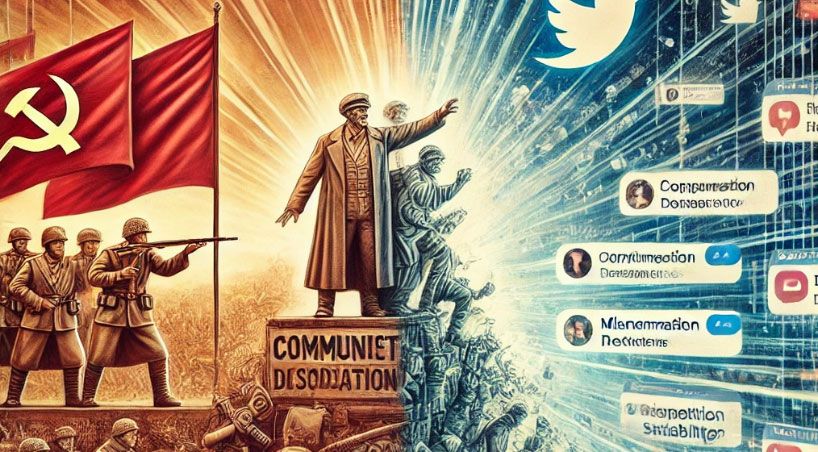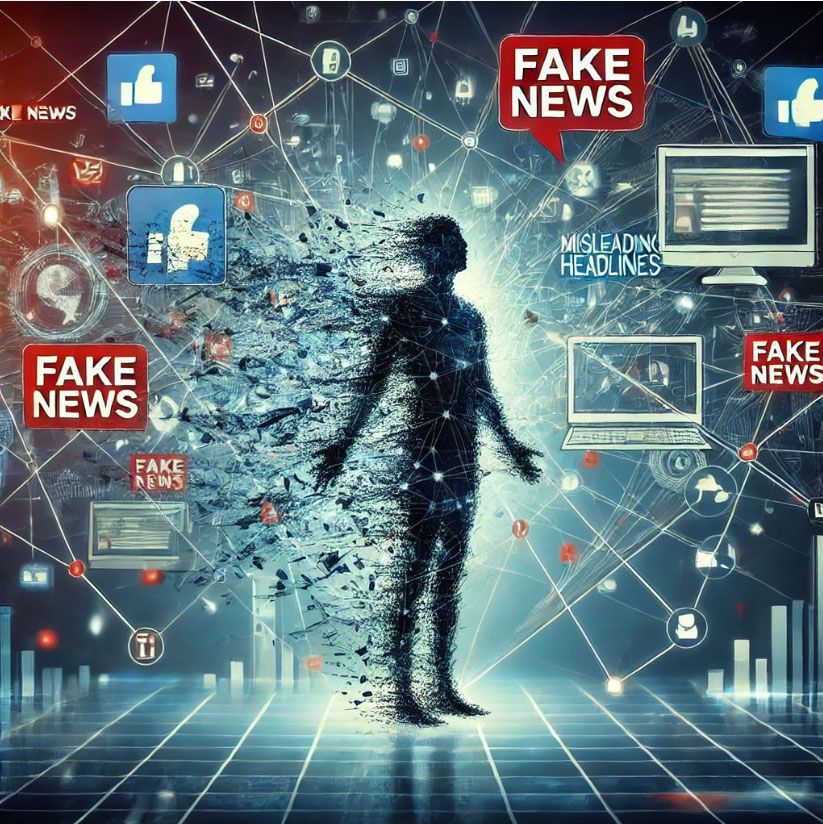The Hidden Costs of Disinformation
1. Economic Costs
- Election Security: Governments spend massive amounts of money to secure their election systems against disinformation threats.
- Market Manipulation: False narratives can destabilize financial markets, harming both individual investors and national economies.
- Example: During the Brexit negotiations, disinformation contributed to market volatility, costing billions in investment losses (source).
2. Social Costs
- Erosion of Trust: Disinformation weakens trust in democratic institutions, requiring expensive public campaigns to rebuild confidence.
- Estimate: Pew Research estimates that trust erosion reduces civic engagement and creates inefficiencies that cost billions globally (source).
- Polarization and Violence: Misinformation drives division and incites violence, leading to increased law enforcement and emergency response costs.
- Example: False rumors spread via WhatsApp in India caused mob violence, costing millions in damages and legal processes (source).
3. Healthcare and Public Safety
- Health Misinformation: False information about vaccines and treatments exacerbates public health crises, delaying responses and increasing hospitalizations.
- Example: Vaccine misinformation in the U.S. during the COVID-19 pandemic cost the healthcare system an estimated $50–100 million in avoidable expenses in 2021 alone (source).
The Benefits of Militant Democracy
Militant democracy principles, which involve safeguarding democratic institutions by proactively addressing threats such as disinformation and extremist ideologies, are applied in various ways.
For instance, Germany’s Basic Law empowers the government to ban extremist parties that threaten democracy, and the European Union’s Digital Services Act enforces transparency and accountability on tech platforms to curb harmful online content.
These approaches highlight how militant democracy works to secure democratic values in practice.
By regulating harmful content and holding bad actors accountable, societies can free up significant resources for public good.
1. Savings on Election Security
Effective regulation of disinformation could reduce election security expenses by 20–30%.
- Example: In the U.S., this could save $85–125 million per major election cycle. These funds could be reallocated to voter education and improving polling infrastructure (source).
2. Boosting Productivity
A McKinsey report suggests that reducing workplace disinformation could boost global productivity by 1–2%.
- Potential Savings: This translates to $10–20 billion annually in recovered economic output (source).
3. Healthcare Savings
Proactively regulating health misinformation could save public healthcare systems $500 million to $1 billion annually worldwide by reducing preventable treatments.
- Example: Clearer communication and stricter regulation during the COVID-19 pandemic could have saved millions in emergency responses (source).
4. Reducing Law Enforcement Costs
By addressing online extremism and fake news, governments can lower policing and emergency response expenses.
- Example: Combating hate-related incidents more effectively could save millions annually, freeing resources for community development projects (source). For example, cities like Portland, Oregon, have reallocated funds saved from reduced hate-related incidents to support affordable housing initiatives and community arts programs, strengthening local bonds and improving quality of life.
How Savings Could Be Reallocated
If militant democracy principles were applied, the resources saved from combating disinformation could be reallocated to:
- Expanding Public Services: More funding for programs like universal pre-K, expanded broadband access, and affordable housing initiatives.
- Boosting Digital Literacy: Large-scale media literacy programs to prevent future disinformation costs.
- Strengthening Institutions: Investing in transparent governance and equitable law enforcement.
A Hypothetical Scenario: The Cost-Benefit Analysis
Let’s envision the potential savings over a decade in a country with a $1 trillion GDP:
- Election Security: $1 billion saved across multiple election cycles. For comparison, this amount is roughly equivalent to the annual cost of a nationwide pre-K program, demonstrating how these savings could directly support transformative social initiatives.
- Healthcare: $5 billion saved by addressing health misinformation.
- Productivity Gains: $20 billion recovered from reduced workplace disinformation.
- Policing and Emergency Responses: $2 billion saved by curbing hate-related incidents.
Total Savings: $28 billion over ten years, which could be redirected toward public benefit programs.
How Militant Democracy Helps You
For the everyday person, the principles of militant democracy offer clear benefits:
- Safer Society: Fewer threats from extremist ideologies mean a more peaceful daily life.
- Fairer Opportunities: Legal protections ensure equal opportunities for everyone.
- Healthier Online Spaces: Combating disinformation creates safer digital environments for learning and socializing.
- Trustworthy Governance: Transparent institutions and accountable leaders ensure that citizens’ voices are heard.
Conclusion: Building a Better Future
Militant democracy is more than a defensive measure; it’s a blueprint for a resilient and prosperous society. By addressing the root causes of disinformation and propaganda, governments can free up billions of dollars to invest in education, healthcare, and infrastructure.
For instance, reallocated funds could build new schools in underserved areas, provide universal healthcare access, and upgrade public transportation systems, directly transforming the daily lives of millions.
A future built on these principles is one where freedom, equality, and justice thrive—not just as ideals, but as everyday realities.
By embracing militant democracy, we take a decisive step toward a better, more inclusive world—one where reduced inequality fosters stronger communities, global cooperation addresses shared challenges, and every individual enjoys the benefits of stability, opportunity, and trust in their institutions.
Join us!















